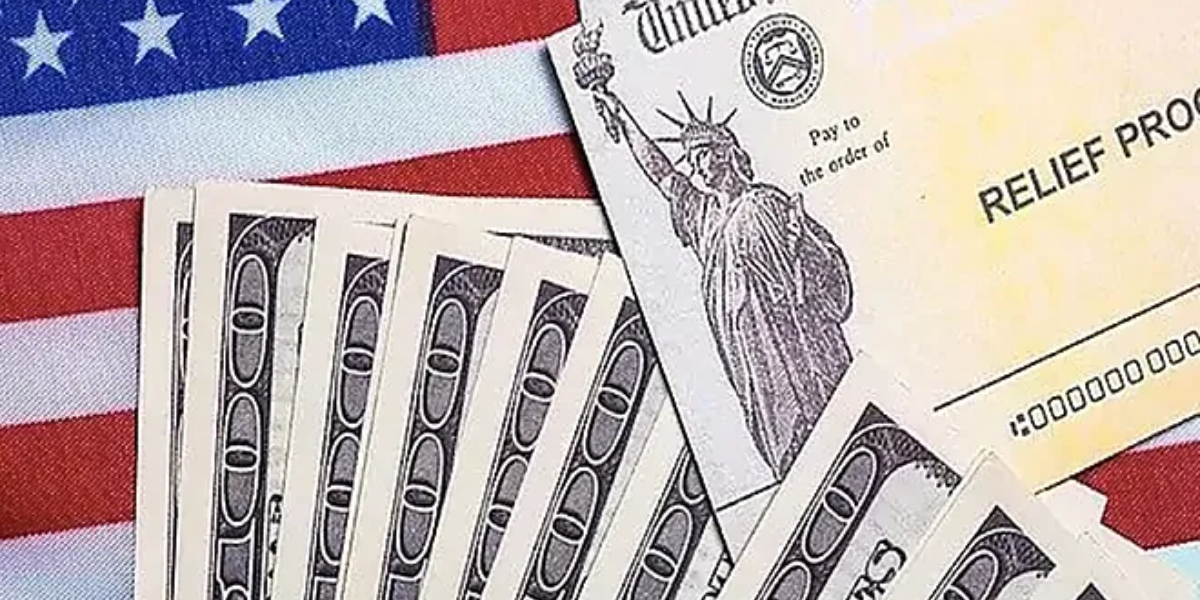Following the decision of a federal judge to overturn a crucial rule that was intended to remove medical debt off credit reports, a significant shift in the policy regarding credit reporting could have a significant impact on the financial well-being of millions of people in the United States.
Concern has been raised among customers as a result of the reversal of this rule, which was initially implemented by the Consumer Financial Protection Bureau (CFPB). This is especially true for consumers who are already struggling under the weight of bills associated to healthcare.
The Consumer Financial Protection Bureau (CFPB) legislation, which has since been banned, would have removed all medical debt from credit records. According to analysts, this action could have enhanced credit scores by an average of twenty points.
However, this advancement has been halted as a result of a decision made by a federal judge in Texas, who stated that the agency had beyond the jurisdiction granted to it by the Fair Credit Reporting Act.
Because of this, it is possible that almost 15 million people in the United States may soon experience a decrease in their credit scores as a consequence of the reappearance of medical collections on records from major credit agencies such as Experian, Equifax, and TransUnion.
Medical debt “is not a good predictor of creditworthiness,” according to the Consumer Financial Protection Bureau (CFPB), and as a result, it ought to be deleted from consumer credit files.
What the court decision means for everyday consumers
Because medical debt accounts for more than half of all collection entries on credit reports submitted in the United States, this ruling will have a particularly significant impact.
The initial plan proposed by the Consumer Financial Protection Bureau (CFPB) would have removed nearly $49 billion worth of medical debt from the records of average Americans. A significant number of these individuals never consciously took on such debt in the first place; rather, they were taken aback by unexpected costs or insurance shortages despite their best efforts.
In his opinion, Judge Sean Jordan upheld the court’s position that the Consumer Financial Protection Bureau (CFPB) can promote best practices, but it cannot impose outright limitations on how credit bureaus record certain forms of debt. This is according to court filings and analysis from sites such as AP News and Axios.
A response has been generated by consumer advocates as a result of the ruling made by the judge. These activists are concerned that Americans may now be penalized for debt that they incurred during medical emergencies, which are situations that do not fairly reflect their financial conduct.
The Consumer Financial Protection Bureau (CFPB) had demonstrated in the past that individuals who had medical debt on their credit reports were not more likely to default on other loans than those who did not have medical debt.
This decision will not have immediate repercussions; nevertheless, it is possible that these repercussions could become apparent in the coming months when credit bureaus modify their rules. Consumers who had witnessed an improvement in their credit ratings following the temporary elimination of medical debt may shortly see a reversal, particularly if substantial balances are reintroduced.
When applying for mortgages, auto loans, and even rental agreements, credit scores are extremely important metrics to consider. It is possible that even a drop of twenty points could result in increased interest rates, applications being denied, or further financial stress.
In the meanwhile, professionals who specialize in credit restoration are advising individuals to check their credit reports on a regular basis. Consumers are encouraged to challenge any mistakes that may be found in their medical bills and to examine the possibility of negotiating with healthcare providers or collection agencies in order to negotiate payment settlements that will not negatively impact their credit ratings.


 by
by 

